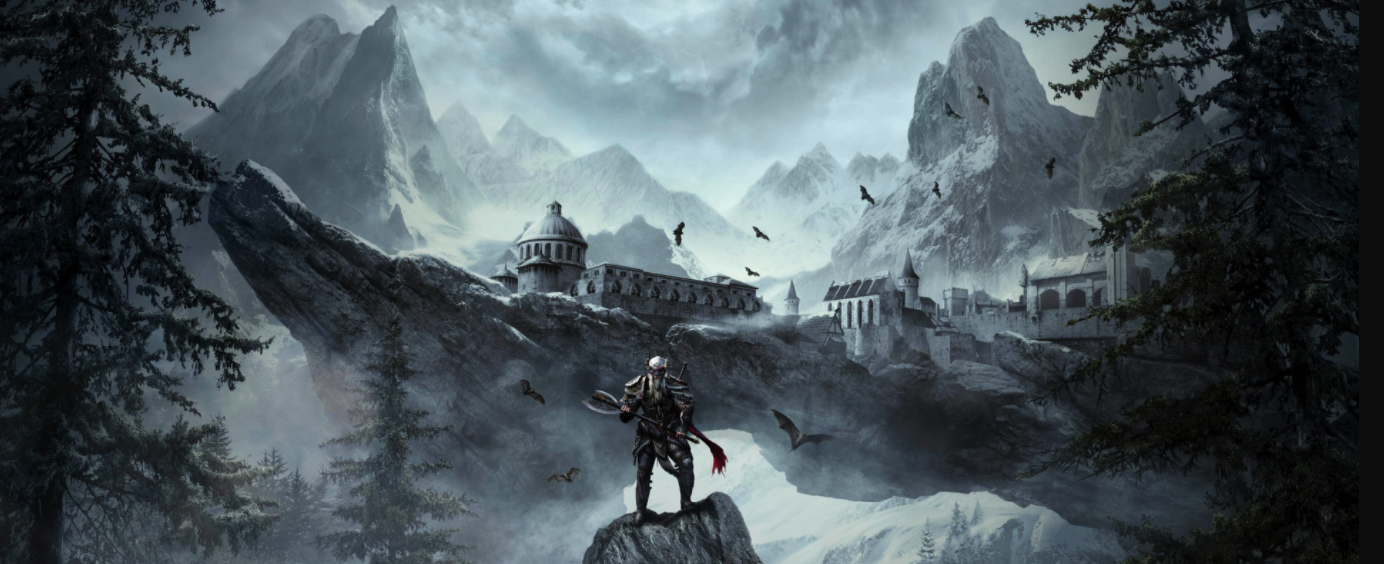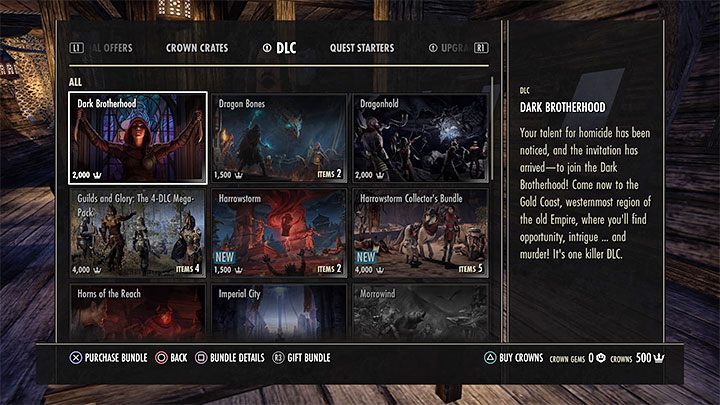

Released in 2006, the game achieved commercial success and critical acclaim expansion packs Knights of the Nine and Shivering Isles were released for the game. Two expansions were released between 20: Tribunal and Bloodmoon.ĭevelopment of The Elder Scrolls IV: Oblivion began in 2002, and focused on artificial intelligence improvements that interact dynamically with the game world.

The game sold over four million units by mid-2005. The Elder Scrolls III: Morrowind, released in 2002, saw a return to the old-style expansive and non-linear gameplay, and a shift towards individually detailed landscapes, with a smaller game world than past titles. The Elder Scrolls II: Daggerfall was published in 1996, and it featured one of the first true 3D worlds on a large scale, with a game world claimed to be the size of Great Britain. It was intended for players to assume the role of an arena combatant, but development shifted the game into a role-playing game (RPG), beginning a tradition that persists throughout the series' history. The first game, The Elder Scrolls: Arena, was released in 1994. The Elder Scrolls games take place in the fictional world of Nirn, on the continent of Tamriel.
List of all the elder scrolls games series#
See? Boring.The Elder Scrolls is an action role-playing open world video game series developed by Bethesda Game Studios and published by Bethesda Softworks. All the individual components are stunning and every quest and area is incredibly written, but it’s hard to get particularly invested in the overarching storyline of Empire vs… those other blokes, the Nordic Defence League types.

Unlike Bethesda’s games that came before it – the Obsidian-written Fallout: New Vegas – and the one that followed – the astonishing Fallout 4 – the story of Skyrim is somewhat weak. The Elder Scrolls games are about making difficult choices, and picking between Skyrim, Oblivion and Daggerfall is one of the most difficult that has sprung from the series.

If it wasn’t a complete cop-out, I’d be tempted to have three games as the joint number one, but that’s the coward’s way out. In all honesty, though, Oblivion is still a great game, but much like Arena, is simply suffering from the very fact we’re ordering them. In its own right it’s a great game, but the relatively small map size and narrow setting – without an easy explainer like Morrowind’s island – combined with the weird supernatural overtures of alternate dimensions and demonic incursions through portals… it just felt a bit like it was set on Sunnyvale’s hellmouth, not in Tamriel. The trouble with The Elder Scrolls IV: Oblivion is that it was just a little bit of a misfire, compared to what went before it and ultimately, what followed. Bethesda were bigger and wealthier than they had ever been, and buoyed by the success of The Elder Scrolls III: Morrowind, the development team ploughed straight into the series fourth instalment the Fallout/Elder Scrolls tandem development cycle hadn’t begun when work commenced on Oblivion in 2002, so they weren’t even distracted by the other open-world mega-series. In theory, Oblivion had plenty going for it.
List of all the elder scrolls games how to#
If The Elder Scrolls games are like a box of chocolates, then Battlespire and Redguard are hideous dessicated coconut monstrosities that people either avoid or spit out, and everything else is delicious caramel or sweet fruit centres how to you choose your favourite out of all the good ones? Unfortunately, after the two complete misfires that were Battlespire and Redguard we have to start putting the good Elder Scrolls game in some kind of an order, and that’s where this list becomes an awful lot more difficult. The Elder Scrolls: Arena isn’t a bad game by any stretch of the imagination. And as Bethesda were just finding their way with third person mode, it didn’t play fantastically well either. The game may have had a passable story and a very nicely put-together boxed release, but it also holds the ignominious record of being the only Elder Scrolls game in which you cannot customise your character. If proof positive were ever needed that nobody is infallible, then the fact that the mighty Todd Howard directed The Elder Scrolls Adventures: Redguard will confirm it for you.


 0 kommentar(er)
0 kommentar(er)
